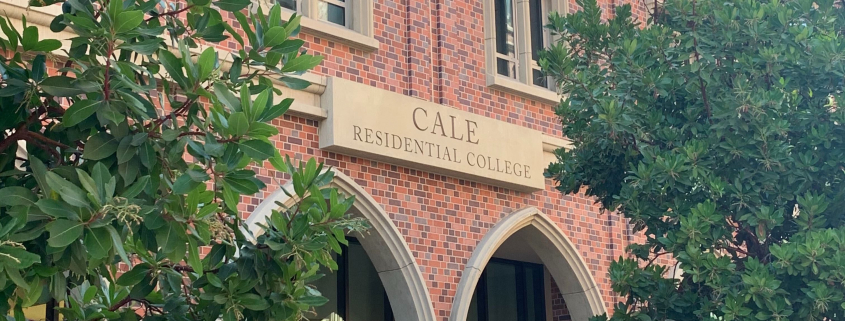First coronavirus cases identified in campus housing

Two students from Cale and Irani Residential College and one student from Century Apartments tested positive for the coronavirus, Co-Medical Director, Faculty Physician of Internal Medicine Dr. Kimberly Tilley confirmed in a Zoom call with the Daily Trojan Wednesday. The cases are the first instances of infection within USC Housing.
The students are currently self-isolating off campus and those believed to be exposed are being contacted, according to an email sent to residents and employees in the residential college that was obtained by the Daily Trojan.
According to Tilley, the contact tracing procedure is largely the same for both on- and off-campus students, with the former group involving more University departments to identify where the individual has been aside from their place of residence. USC’s main priority is safeguarding students’ health rather than disciplining individuals who contract the illness, Tilley said.
“People do not get in trouble for getting COVID,” Tilley said. “I mean, there is a lot of COVID in L.A. County and there’s a lot of COVID around USC, and you aren’t going to get in trouble because you get COVID … We’re not taking cases and reporting to Student Affairs, we’re taking care of the students.”
Tilley encouraged all students to take advantage of the weekly testing offered in partnership with Color, in addition to contacting the Engemann Student Health Center directly by phone or through MySHR, the Student Health scheduling and record portal, if they have symptoms or direct exposure, as the center’s physicians are more equipped with personal protective equipment and testing there yields faster results.
“We want your contacts because we want to get all your contacts in quarantine, we want to help them if they need to quarantine, we want to isolate you from your friends if we need to do that, and then we want to get those contacts tested because we’re really just trying to slow down the rise in cases that we’re seeing,” Tilley said. “That is our mission.”

